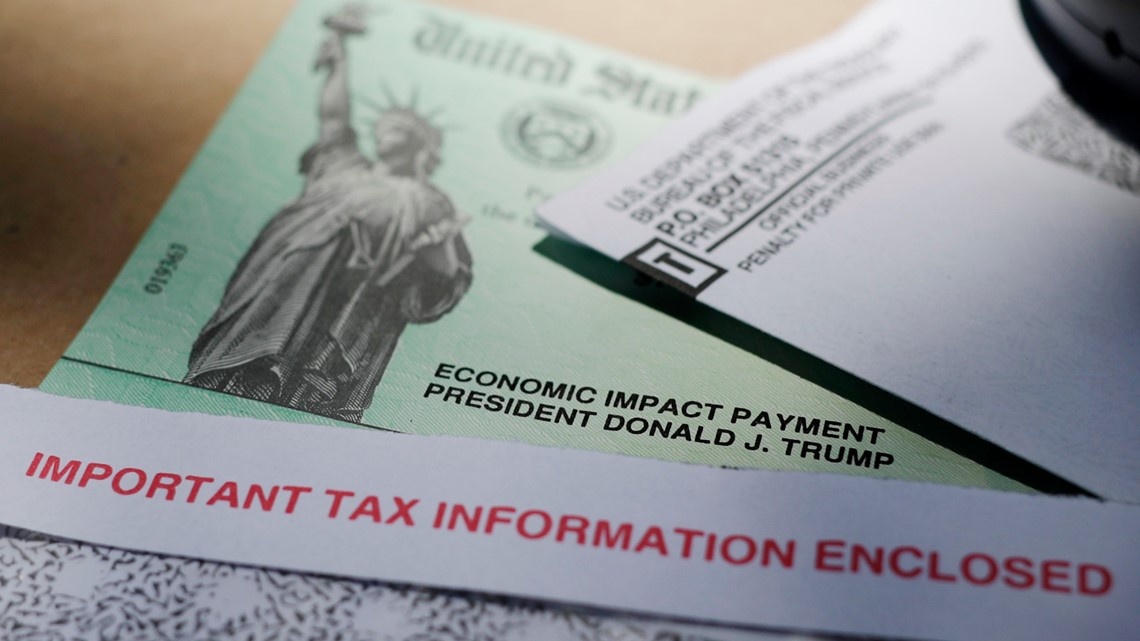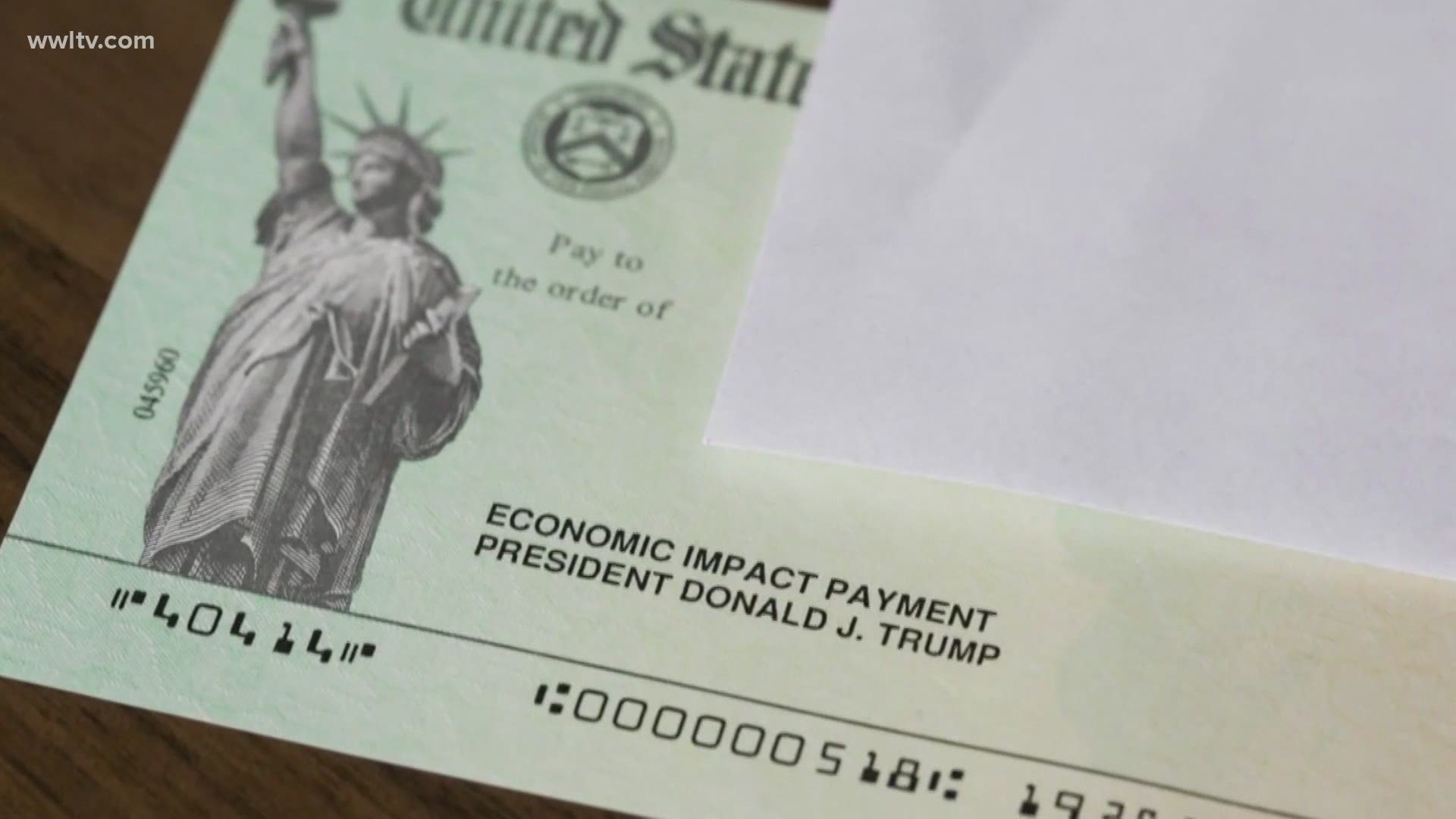WASHINGTON — After days of uncertainty, President Donald Trump on Sunday night signed the $900 billion pandemic relief package that had passed Congress after months of negotiation.
The president signed the measure, along with a bill funding the government, just days after he made a surprise, eleventh-hour demand for $2,000 relief checks.
Days ago, Democrats said they would call House lawmakers back to Washington for a vote Monday on Trump’s proposal to send out $2,000 relief checks, instead of the $600 approved by Congress. But the idea is likely to die in the Republican-controlled Senate, as it did among Republicans in the House during a rare Christmas Eve session.
Now that Trump has signed the Congress-approved plan for $600 stimulus checks per person, not everyone is eligible.
Here's where things stand and who would or wouldn't get a second stimulus check.
Will you get a second stimulus check if you got the first one?
Because the second stimulus check passed by Congress is half the size of the first check, not everyone who got a payment in the Spring will get money this time around.
If your 2019 reported income was $75,000 or less, under the current plan you would be eligible to receive the full $600 one-time payment. Couples who reported an adjusted gross income up to $150,000 would receive $1,200.
If you reported making more than $75,000, you would receive partial payments dropping by $5 for every $100 above the income limits.
So an individual who earned $86,900, for example, would get $5 under Congress' approved plan. During the first round of direct money, the money phased out at $99,000 for a single filer.
If you're a couple making $174,000 or more, or a head of household making more than $124,500, you also won't get a second stimulus check.
Would dependents get a stimulus check?
The second round of stimulus checks proposed in the COVID-19 relief bill that Congress passed in December uses similar criteria as the CARES Act to determine which dependents are eligible.
So adult dependents, such as college students, don't qualify for the second stimulus check.
Those who are eligible for relief who have dependent children under the age of 17 will get an additional $600 per child. That's $100 more per child than the first round of relief payments.
Who else isn't eligible for the second stimulus check?
If you're a "non resident alien" in the U.S., then you would not be eligible for a second stimulus check. Those without a Social Security number that is valid for employment also would not be eligible.
The IRS has previously noted that deceased individuals, along with estates or trusts, are not eligible. Despite that rule, a government watchdog report from June found at least 1.1 million stimulus payments were sent to Americans who had died.
One key change from the CARES Act is that households where one spouse doesn't have a Social Security number but others do would be eligible for the second stimulus check. During the CARES Act, households were disqualified from getting funds if a member didn't have a Social Security number.
How much will the stimulus checks be?
The plan that Congress approved and President Trump signed on Sunday night would give most adults a $600 one-time payment, plus $600 per dependent child. The COVID-19 legislation was combined with an end-of-year spending bill and sent to President Trump, who then made a surprise demand for Congress to up that amount to $2,000 stimulus checks.
Democrats plan to call House lawmakers back to Washington for a vote Monday on Trump’s $2,000 proposal, though it would probably die in the Republican-controlled Senate. Republican lawmakers already blocked one effort for $2,000 checks during a Christmas Eve session of the House.
When would stimulus checks go out?
Now that President Trump has signed the relief bill into law, a potential timeline is a bit clearer.
During the first round of economic impact payments, President Trump approved the CARES Act on March 27 and the first checks started appearing in people's bank accounts about three weeks later, during the week of April 14.
However, because the IRS already did a lot of the set-up work during the first round of payments, there's a chance a second round of stimulus checks could be sent out faster.
In an interview on Dec. 21, before Trump's demand for bigger checks, Treasury Secretary Steve Mnuchin said Americans can expect to receive stimulus payments in just a few days after the bill becomes law.
If you received your first stimulus check by mail, you'll want to sign up for direct deposit to make sure you get it quicker. It's likely that paper checks won't arrive until weeks after payments are sent out to those who set up direct deposit.



